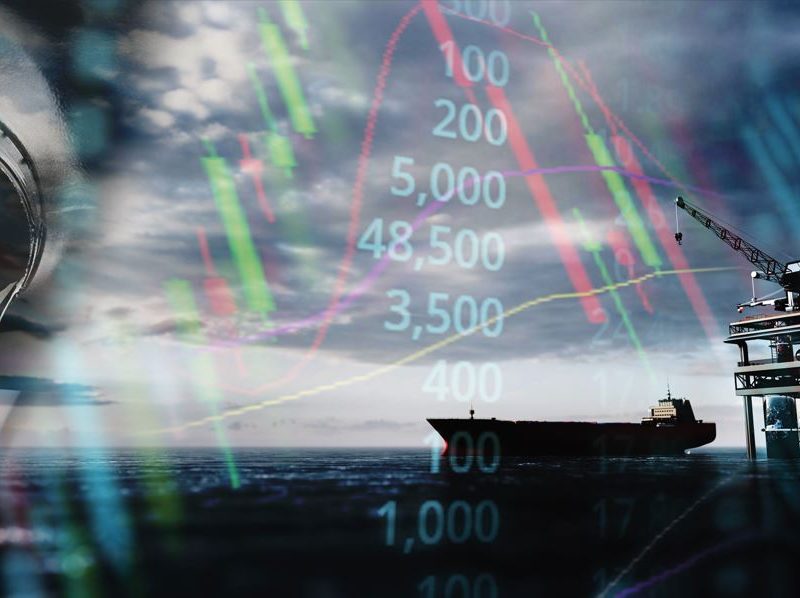Mining Other

GCC Integration as a Catalyst for Energy Leadership

As the energy landscape in the Gulf Cooperation Council (GCC) evolves at an unprecedented pace, the potential for regional integration has never been clearer.
Philippe Healey, Director of Corporate Affairs and Communications at Vici Energy, explores how closer cooperation among GCC nations could amplify their energy ambitions, strengthen security, and position the region as a global leader—not just in oil and gas, but in renewables and emerging sectors like green hydrogen.
Watching the energy landscape evolve across the Gulf Cooperation Council (GCC) is to witness a remarkable period of ambition and transformation. Each member state is vigorously pursuing its own path toward renewables and a diversified economic future. Yet, from this vantage point, it seems the sum of these impressive national efforts could be even greater with a more cohesive regional vision. Deeper integration isn’t about imposing a top-down structure; it’s about unlocking a natural multiplier effect—one that would strengthen energy security for all and cement the GCC’s role as a cornerstone of the global energy market.
A logical place to continue this journey is the existing GCC Electricity Grid. It stands as a testament to what cooperation can achieve, a silent backbone of regional resilience. There’s a compelling case for expanding its capacity to better harness the region’s growing solar output, which is projected to exceed 100 GW by 2030. By improving the ability to share clean electricity across borders, the grid can help prevent waste, manage demand peaks more effectively, and, importantly, free up more hydrocarbons for purposes where they hold the most value
This touches on a fundamental, and sometimes misunderstood, reality: the future of hydrocarbons isn’t about disappearance, but evolution. For industry participants like Vici Energy, this shift is already an operational reality. Oil and gas will remain the bedrock of these economies and a vital pillar of global energy supply for the foreseeable future. Their strategic role, however, is changing. Instead of being consumed for domestic power generation, they are increasingly being allocated to higher-value export markets and as essential feedstocks for advanced industries. The revenue they generate is, in fact, the essential fuel for funding the region’s ambitious energy transition. They are building the foundation upon which the new energy economy is being built.
Nowhere is this synergy more visible than in the emerging green hydrogen sector. The core ingredients for success are already in place: unparalleled solar resources, world-class project management, and decades of experience in global energy trading. The opportunity now lies in alignment. If the GCC were to coalesce around common technical standards and a unified certification framework, it could present a formidable, cohesive brand to the world—a mark of reliability and quality in the hydrogen market, echoing its established reputation in oil. This would elevate the entire region’s profile, attracting deeper investment and securing stronger long-term partnerships for every member state.
Beyond grand projects, simpler forms of collaboration could yield significant benefits. Sharing insights on supply chains for critical minerals or finding a common voice in response to mechanisms like the EU’s Carbon Border Adjustment Mechanism (CBAM) would provide a more stable and predictable environment for the entire region to navigate the complexities of the global energy shift.
Ultimately, the perspective from here is overwhelmingly optimistic. The path forward seems to point toward integration through connected infrastructure, aligned standards, and shared policy goals. By leveraging their collective strengths, the GCC nations are uniquely positioned to achieve a shared ambition: a future where they are celebrated not just as reliable energy suppliers, but as visionary architects of a new energy system, where traditional resources and renewables work in concert to ensure prosperity and stability for all, and Vici Energy is committed to being a partner in this transformation. Vici Energy is a privately owned, integrated energy company that explores, develops, trades, and delivers energy products across the globe. With a focus on emerging markets, Vici Energy leverages local expertise to drive economic growth and create long-term value for partners and communities where it operates.












